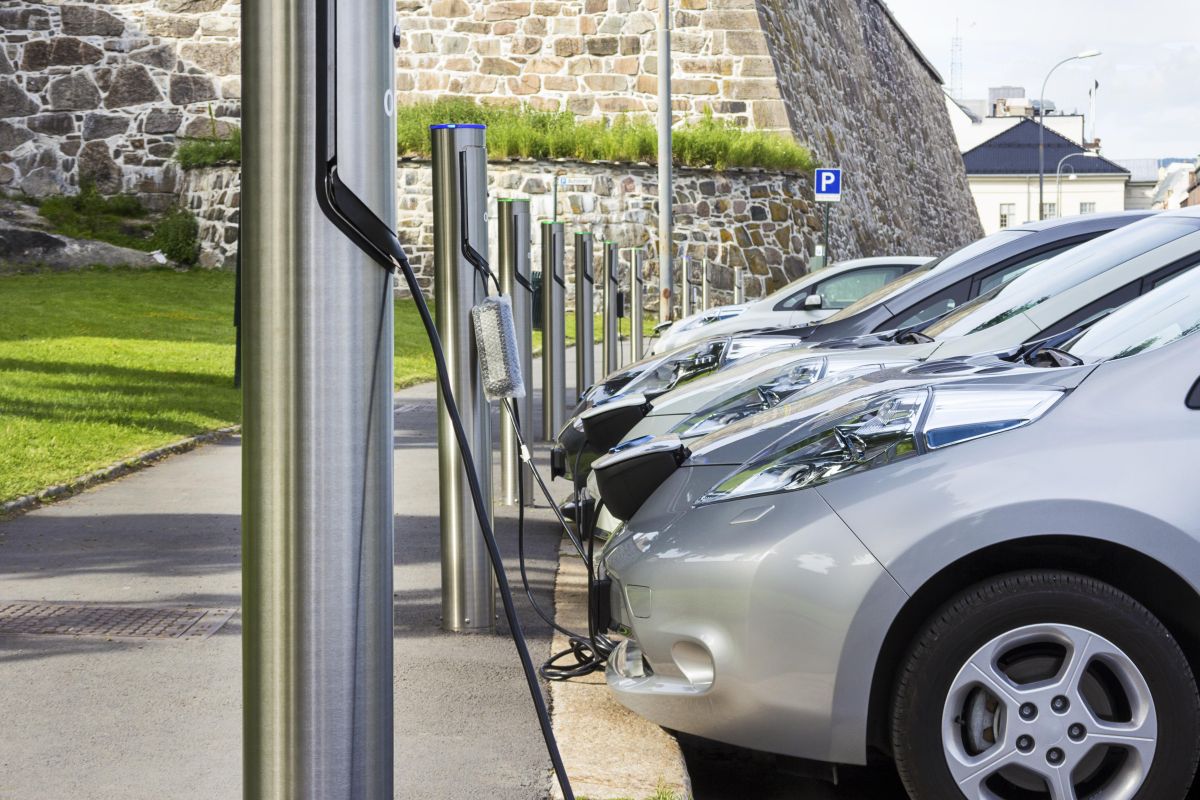The U.S. Energy Department (DOE) has moderated its earlier proposal to drastically reduce the mileage ratings of electric vehicles (EVs) to meet upcoming fuel economy standards, Reuters reported.
This adjustment, set to be announced March 19, is a positive development for the automotive industry, particularly benefiting the Detroit Three automakers and the United Auto Workers union.
Initially, in April 2023, the DOE proposed a revision to its "Petroleum-Equivalent Fuel Economy" rating system that would have decreased the compliance value of electric vehicles by 72% by 2027. However, under the final rule, this reduction will be phased in more gradually, culminating in a 65% reduction by 2030. This revised approach aims to provide automakers with a more manageable timeframe to adapt their strategies and technologies.
The original proposal had stirred concern among automakers, with projections suggesting major players like General Motors, Stellantis and Ford could face up to $10.5 billion in fines collectively through 2032 for non-compliance with the fuel economy requirements. Sources told Reuters federal officials took those concerns into consideration when creating the final rule.
The revision comes amidst broader discussions on vehicle emissions and the automotive industry's shift toward electric vehicles. The EPA is also expected on March 20 to announce amendments to its vehicle greenhouse gas emissions standards, proposing a more gradual transition to increased EV production, which is expected to provide a boost to plug-in hybrid vehicles and adjust the trajectory for reducing particulate matter emissions from gasoline-powered vehicles.















